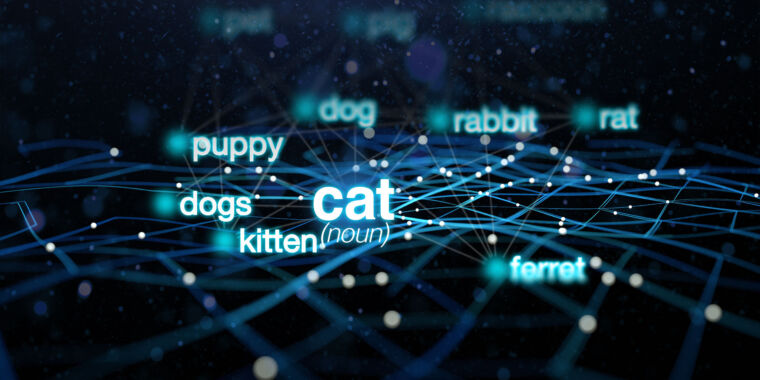Does anyone else start freaking out when we have such complex programs that researchers don’t fully understand how they work?
For what is worth a lot of medicine works this way. I’m fairly certain this isn’t the only field, either. I’d imagine studying ecology or space feels similar
It does make me vaguely curious what happens if you try to make one of these on the more powerful end explain step by step how its own program works. I dont really expect it to be accurate, given that if people dont know how the thing works, it probably wont find much about that in it’s training data, but if what it learns ultimately enables it to make connections about how the real world works to some degree, could it figure out enough to give even marginally useful hints?
Not really, it’s super fucking expensive to train one of these, on-line training would simply not be economically feasible.
Even if it was, the models don’t really have any agency. You prompt, they respond. There’s not much prompting going on from the model, and if there was, you can choose to not respond, which the model can’t really do.
Wrong, the cat is out of bag, it takes one leak to do some serious impact to the whole industry.
https://www.semianalysis.com/p/google-we-have-no-moat-and-neither
You can try the various free open source version trained by community here: https://chat.lmsys.org/
You can train an effective one for a few hundred bucks now.
We know how they work, otherwise we couldn’t design and implement them. What we don’t really know, and we don’t really have to know is the exact parameters the model trains to.
The issue you’re thinking of is that any one parameter does not necessarily map to one aspect, but they are a coherent collection that makes the whole work. Some interesting insights can be gleaned from trying to figure out these relationships, but due to the massive amount of parameters (billions!) it gets a little much to get your head around.
The whole “we don’t know how they work” thing is a bit overblown. We have all the formulas, we know exactly how the math and code works. You can go and look at the weights for every node, you’re just not going to derive any meaning or necessarily explain why one number works better than another.
This is the definition of complexity, isn’t it? The fact here is that we can’t scale up our understanding at a small level to make sense of the bigger picture. Having worked myself with (much simpler) artificial neural networks, I think it’s very much correct and to the point to say that “we don’t know how it works”. I would even go further and claim that we will never know how it works fully: the weights in the network in essence form structures that do what they do, that we can recognize by analogy (e.g. logic gates, contour extractors, …), but this is an anthropomorphic approximation which moreover only works in a certain range of values/set of conditions. Had we a formal definition of what the weights represent, we would then be dealing with a (much simpler and efficient) algorithm in the traditional sense (with cleanly delineated and rigorously defined specialized functions).
So fully explaining how these systems work will be a huge project that humanity is unlikely to complete any time soon.
Great read. This quote really stuck out to me and gave me chills. Reading about AI is so fascinating. Feels like we’re on the cusp of something big.
cause in the end it’s all statistics and math, human are full of mistakes(intentional or not), living language evolve over time(even the grammar), so whatever we are building “now” is a contemporary “good enough” representation.
Also, humans tend to be notoriously bad at both statistics and math :^)
This is fascinating, thanks so much for sharing!
Good article :) it makes me happy to see this being explained in such a basic way because I sure as hell can’t manage.








